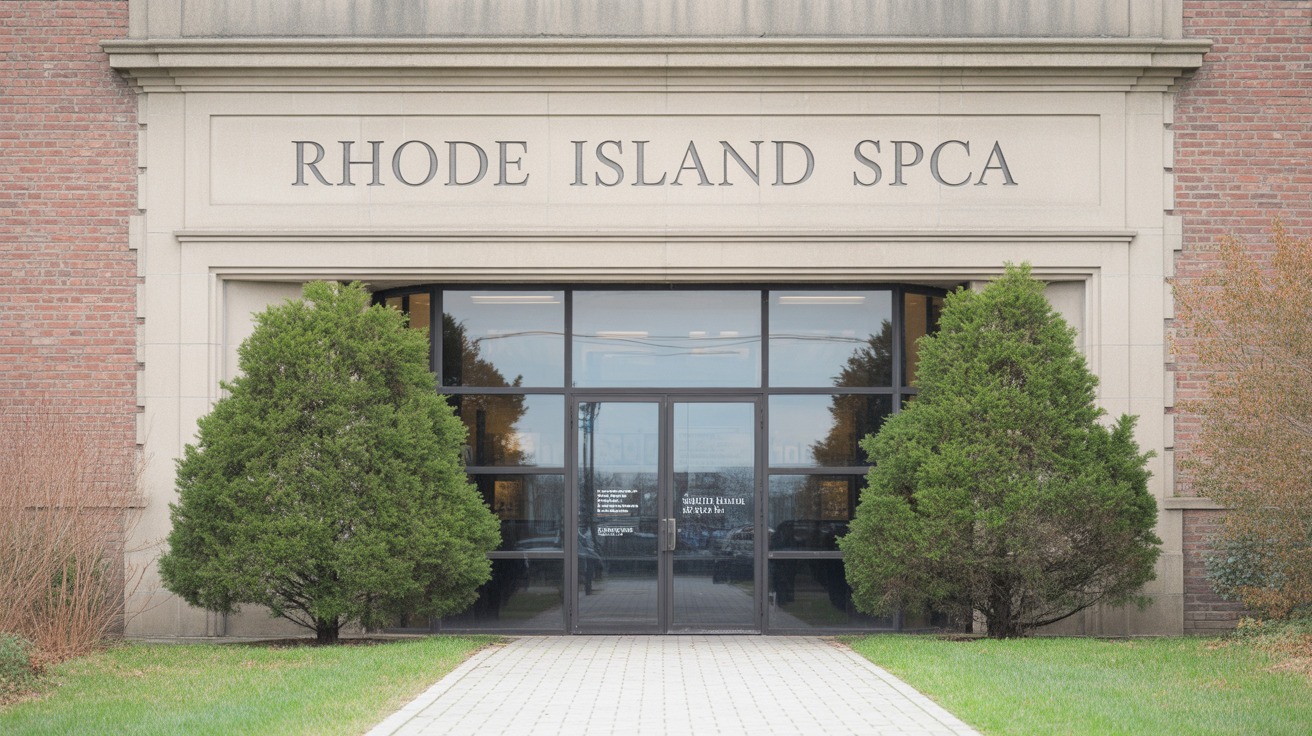The Leading Cause of Death in Golden Retrievers: Understanding Cancer
Golden Retrievers are one of the most beloved dog breeds globally, cherished for their loyalty, friendliness, and intelligence. However, this popular breed also faces a heartbreaking health challenge: an alarmingly high cancer rate. Studies show that **over 60% of Golden Retrievers** will develop cancer in their lifetime, making it the **number one cause of death** in the breed. This article dives deep into why cancer is so prevalent among Golden Retrievers, the types of cancers most commonly seen, and how owners can potentially mitigate the risks.
Why Is Cancer So Common in Golden Retrievers?
There are several contributing factors behind the high incidence of cancer in Golden Retrievers:
- Genetic predisposition: Selective breeding has led to a smaller gene pool within the breed, increasing the likelihood of hereditary diseases, including cancer.
- Environmental influences: Exposure to pesticides, pollutants, and processed foods can increase a dog’s risk of cancer.
- Hormonal factors: The timing of spaying or neutering may play a role in cancer development. Early sterilization has been linked to a higher cancer risk in some studies.
Common Types of Cancer in Golden Retrievers
Golden Retrievers are susceptible to several forms of cancer. Among the most common are:
- Hemangiosarcoma: A cancer of the blood vessels, often affecting the spleen or heart. It progresses rapidly and is often fatal.
- Lymphoma: A cancer of the lymphatic system that can cause swollen lymph nodes and fatigue.
- Mast cell tumors: Skin tumors that can be malignant and require surgical removal.
- Osteosarcoma: A bone cancer that’s particularly aggressive and requires immediate treatment.
Signs and Symptoms to Watch For
Early detection can make a significant difference in treatment outcomes. Pet owners should watch for:
- Unexplained weight loss
- Lumps or bumps under the skin
- Lethargy or reduced physical activity
- Loss of appetite
- Difficulty breathing or coughing
- Sudden collapse or weakness
If any of these symptoms occur, it’s crucial to consult a veterinarian immediately.
Preventive Measures Owners Can Take
While cancer cannot always be prevented, there are proactive steps owners can take:
- Genetic screening: Before purchasing a Golden Retriever, ensure the breeder screens for hereditary diseases, including cancer predisposition.
- Balanced diet: Feed your dog high-quality, nutrient-rich food that supports immune function.
- Regular vet checkups: Annual or biannual visits can catch potential issues early through blood tests and physical exams.
- Limiting environmental toxins: Avoid exposure to lawn chemicals, fumes, and processed treats.
- Exercise: Maintaining a healthy weight and physical activity level supports immune health.
Current Research and Hope for the Future
Golden Retrievers are at the center of some promising research efforts. For instance, the **Golden Retriever Lifetime Study** by the Morris Animal Foundation is tracking thousands of Goldens over their lifetimes to collect data on cancer and other diseases. The goal is to uncover patterns that can help in both prevention and treatment.
Conclusion
Cancer is a heartbreaking and sadly common reality for Golden Retriever owners. Understanding the risks, recognizing early symptoms, and taking preventative action can help manage this threat. More importantly, supporting research efforts will pave the way for a healthier future for this cherished breed.
By staying informed and proactive, we can hope to reduce the devastating impact cancer has on Golden Retrievers and provide them with the long, happy lives they deserve.





